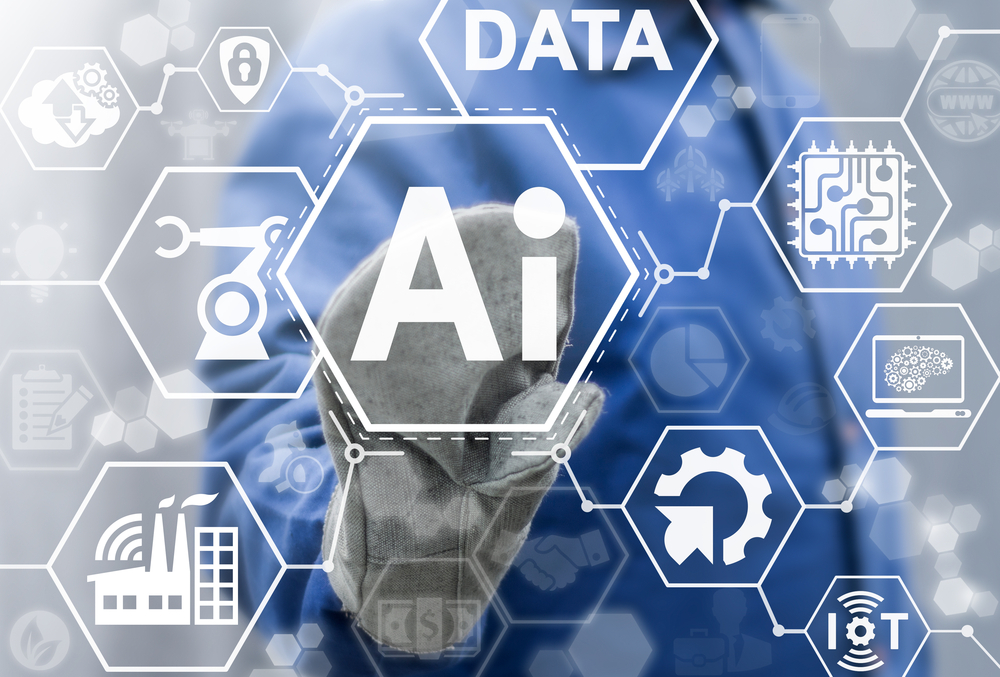A KPMG study reveals the optimism among corporate executives concerning the generative AI benefits. However, its implementation will take time. Introducing this technology into the technological realm has evoked different opinions from business leaders. A recent survey carried out by KPMG reveals that the sentiments range from optimism to apprehension.
Decade of Generative AI-led Changes Looms
Despite many executives anticipating considerable business changes owing to AI, their preparedness for instant adoption is uncertain. KPMG polled 300 worldwide C-suite and senior executives, with 225 being based in the U.S. According to the findings, 65 percent of the 225 executives in this nation predict that generative AI will have a considerable impact on their companies in the next three to five years.
Nevertheless, 60 percent of this group believe they are still a few years away from embracing this technology. GPT is a password-guessing framework based on the large language model (LLM) trained on a collection of leaked passwords originating from different exploits and hacks. PassGPT’s primary intent entails interpreting the ambiguous features of the maze of passwords to offer users more complex and robust passwords.
Slow Adoption of Generative AI to Understand Requirements
Despite the quick entrance of AI into corporate talks, it remains evident that companies encounter likely obstacles to keeping up. Less than 50 percent of persons surveyed believe they possess the appropriate combination of talent, technology, and governance to introduce generative AI successfully.
Atif Zaim, KPMG’s National Managing Principal, claimed that chief executive officers and board members should individually take sufficient time to understand generative AI and ensure the same for their teams. He claimed that a proper understanding of this technology needs to be compulsory for board members and chief executive officers.
Significant Barriers to Adopting Generative AI
Despite the publicity, 68 percent of executives confessed to lacking a central team or entity committed to enhancing generative AI’s execution. Information technology departments are mainly behind the present efforts to drive this technology.
Factors such as costs, the lack of a strong business case, and cybersecurity and data privacy concerns are significant barriers to the adoption of generative AI. Eighty-one percent of respondents were concerned about lacking a robust business case, while 78 percent had cybersecurity and data privacy concerns.
The crucial findings of the survey shed light on an interesting contradiction. In this case, organizational executives consider believing that generative AI can boost productivity and innovation. However, an estimated 50 percent believe improper management may negatively affect corporate trust.
There are significant variations in different sectors’ perspectives concerning artificial intelligence. Sixty-seven percent of executives in the health care and life sciences sector and 71 percent of tech, media, and telecommunications personnel believe that acceptable prioritization of generative AI has occurred in these sectors. On the contrary, only 30 percent of those in retail and consumer have this perspective.
Artificial Intelligence to Surpass Professional Skill Levels in Most Domains
Greg Brockman, OpenAI’s president, IIya Sutskver, OpenAI’s Chief Scientist, and Sam Altman, OpenAI’s chief executive officer, created a blog warning people concerning the imminence of superintelligent AI’s advent. The three emphasize the need for heavy regulation of AI development to avert likely disastrous situations.
According to Altman, this is the perfect time to start considering the governance of superintelligence. At the same time, he acknowledged that future artificial intelligence systems might be considerably better than AGI concerning capabilities.
The survey also revealed the absence of responsible and mature AI governance initiatives. Despite almost 50 percent of organizations planning to develop one, none is yet to do so. Further, the arrival of artificial intelligence is associated with introducing a hybrid workforce in which human skills and generative AI are combined.
Institutions Cautious of Drawbacks Associated with AI
Different respondents from different industries are optimistic about the potential of AI to enhance productivity (72 percent), improve innovation (62 percent), and change the present work dynamics (66 percent). Concurrently, they are still cautious of the likely drawbacks, with 39 percent fearing a reduction in social interactions and 32 percent believing that job insecurity may lead to a rise in mental health issues.
The contrast does not apply to this case alone. Instead, it supports the patterns witnessed in other studies that focus on concerns regarding the intrusion of artificial intelligence into sensitive areas, for instance, privacy and human resources (HR).
AI Transformative Profile Faces Barriers to Adoption
Generally, despite the belief that generative AI is transformative, executives still have to deal with barriers to its adoption, including the clarity of the business case, acquisition of talent, governance, and suitable technology. The evolution of AI evokes the need to match the quick adoption urgency with the same focus on ethical and responsible deployment.
KPMG US’s survey results depict a vast narrative concerning the link between businesses and generative AI. With organizations navigating the advantages and drawbacks linked to this technology, the journey, and destination remain critical.
